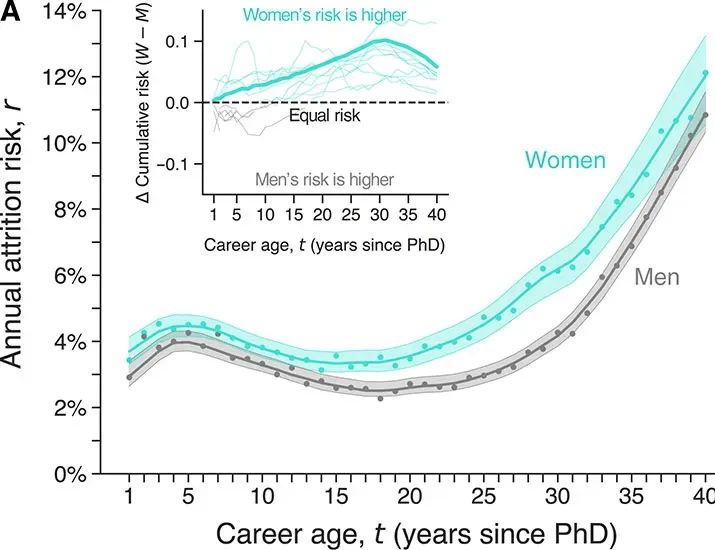Social scientist | Author of #SomeoneToTalkTo, #PersonalNetworks, #QualitativeLiteracy | Networks. Inequality. Methods | PTY native | Posts occasionally.

Reposted by Michael Harris, Mario Luis Small
Just because you don’t see it happen on social media doesn’t mean it’s not happening.
In fact, some of the best community building I’ve seen *has* to happen offline so strategies can get fine-tuned and aligned.
We’ll need to grant more grace in the now.
Folks need to be more careful about what they think they know. There are multiple lanes.

4/4
3/

